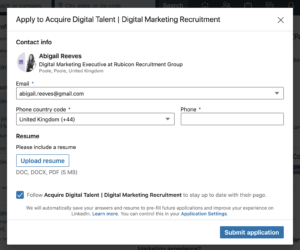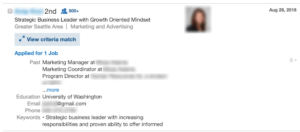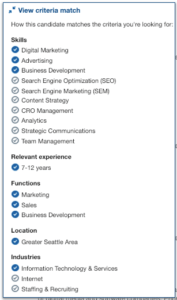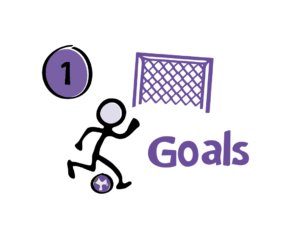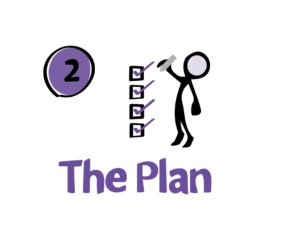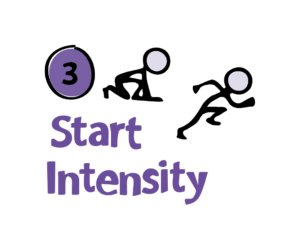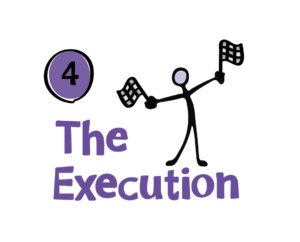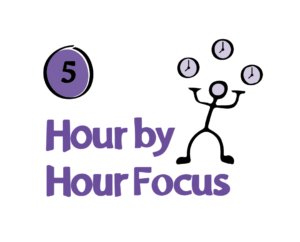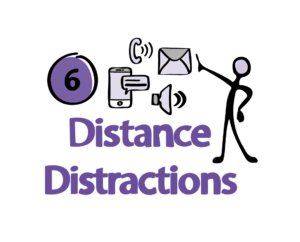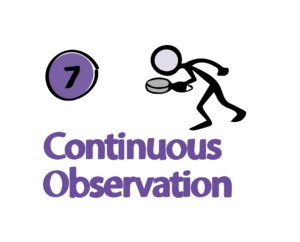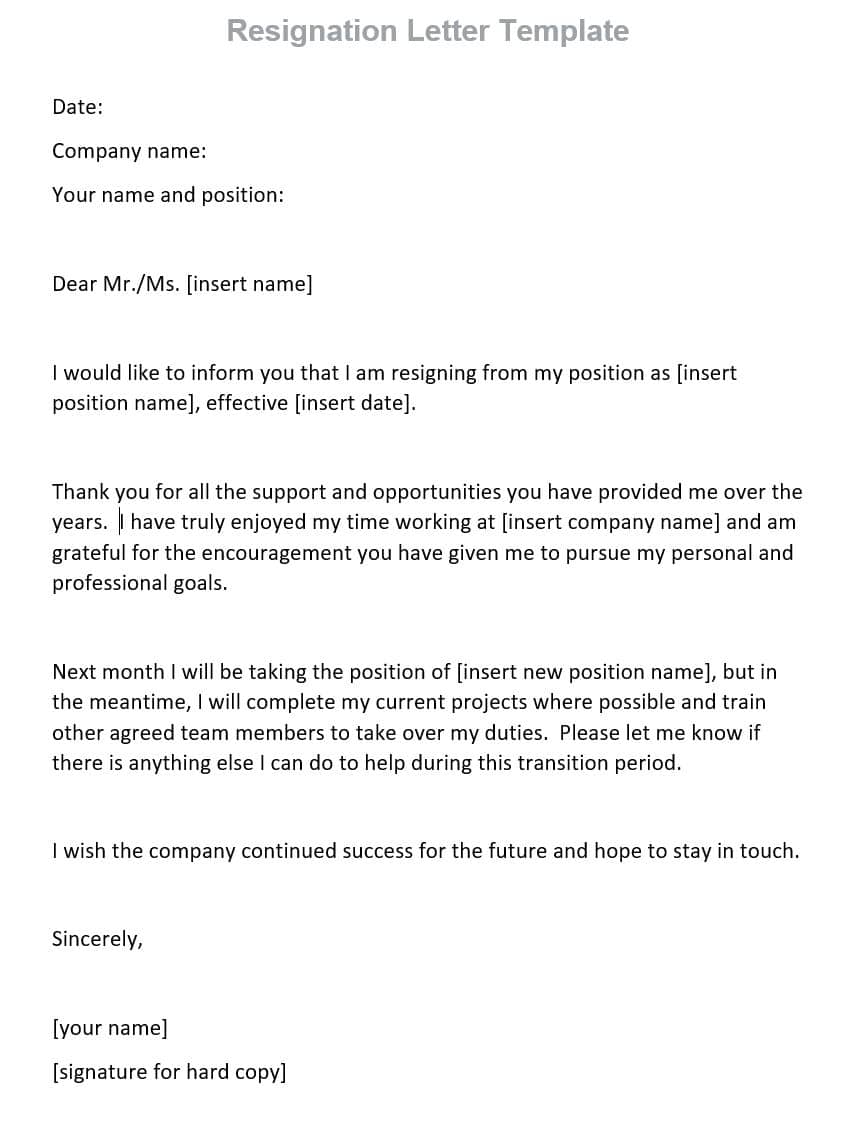10 STEPS TO THE DREAM JOB
Whether fresh out of university or looking for a career change mid-life, it’s never too late to land your dream job.
According to Jeff Poe, founder of Platinum Professional Training, there are 10 steps in the process of landing your ideal job, and they start well before the CV and long after you’ve decorated your new desk.
KNOW YOURSELF, YOUR STRENGTHS AND WEAKNESSES
You should have an understanding of your value, your abilities, and strengths that you offer to the market. “You should also be aware of your weaknesses,” Jeff adds. Sometimes these weaknesses are essential criteria in your ideal job so understanding them may allow you to improve on them more and fine-tune your place in the position you’re after. “Use this as a chance to identify the things you need to work on to achieve your goals.”
KNOW WHAT YOU WANT AND WHERE YOU WANT TO EXCEL
Don’t go into something half-hearted – as it will show the second you walk into the interview, if not on your CV. “You must know what you want,” Jeff says, citing an interview with Warren Buffet, the world’s most successful investor and third richest person in the world, as an example.
“The question put to him was “what advice would you give to young people starting out?”, to which he answered “do something you love, something you are passionate about because here you are most likely to excel at this. Furthermore, doing something you love doesn’t become work anymore.”
I.D THE OPPORTUNITY
“Identifying the opportunity no longer relies on just using the standard job search functions,” Jeff points out. “If you are dead-set on a company or industry, then you should spend time immersing yourself in the company or industry, speak to industry experts, major suppliers, and regulators”.
“Yes, it is a good idea to network using social media, but also stump up the cash to attend live industry events,” he adds. “You may uncover similar companies that you would love to work for, and this multiplies your opportunity set.” Human connections at certain industry events are also something you can’t plan – but can make all the difference. “Make no mistake, a lot of this becomes a numbers game,” he points out.
GAIN AN INTERVIEW
You need to be able to obtain an interview, and this often occurs based on your resume, so have a professional review it if needed. “Or better yet, show it to any friends or family who are Hiring Managers somewhere,” Jeff suggests. “Your resume needs to have sufficient experience, and the experience should cover the key tasks in their job description,” he says. “Look for similar ideal roles and ensure your experience discusses or has some treatment of the key tasks listed in those job descriptions. This will maximize your chances of getting the phone call to bring you in for a face to face interview.”
GO SHORT AND SHARP
Preparation for a face-to-face meeting will highlight your soft skills in communication. Jeff explains that interviews tend to be divided into sections; “The first section normally begins with short answer questions such as “tell me about yourself”, “what are your strengths and weaknesses”, “where do you see yourself in five years”, “what are your salary expectations” and so on,” he says. “Spend the time researching the ideal answers for the common questions,” he says. Keeping it short and sharp – and only slightly scripted (but still personable) may also help with over-talking that nerves can bring on!
PREPARE FOR BEHAVIOURAL QUESTIONS
Jeff says that behavioral questions can catch people off guard because they are asked to provide a monologue of how to demonstrate a certain behaviour, “tell me about a time you had a conflict with a team member?”. Ouch! “If you are targeting a role in a large organisation, then behavioural questions will be asked because their HR departments are trained to include these questions for interviews,” Jeff explains. His advice is always to begin using the S.T.A.R (Situation, Task, Action, Result) which you can research easily online.
PREP YOUR OWN QUESTIONS
Don’t go into an interview without your own questions as these will make up part of your assessment. And don’t be afraid to detail the key concerns or worries you have, Jeff encourages. “If you ask “will there be overtime in the role?” it means you are worried you may be doing overtime,” he says. Most people are guilty of a wasted opportunity when they ask questions, he adds. “I prefer to ask questions on how to succeed in the role or questions about the team culture.”
KNOW THE COMPANY
You need to research the company you are interviewing for Jeff says, adding that this goes beyond just the company website, their social media pages, word of mouth and any public documents! “You should have an understanding of their key suppliers, their key products, how they make money, what their margins might be,” he says. “If there is a lack of information on the company, research the industry.”
This is as simple as reading industry press to identify the key trends, key changes in the law and what major news there is. “Being able to discuss this with some knowledge and authority will raise your profile in the minds of the interviewer.”
ACE THE INTERVIEW
By now you should be 100% prepared for the interview because you’ve researched the company, the industry, developed your short answer questions, behavioural questions and on top of that, you have questions for the interviewer. Right? “Now your soft skills in communication and persuasiveness need to do their work,” Jeff notes, adding that if this is a weakness, there are communications courses you can do.
“Don’t be overwhelmed by the communication side of things though as it is important to always come back to the fact that the employers are running through four key questions in their mind when interviewing you,” he says. This includes:
1. Can you do the job?
2. Will you stay longer than 12 months?
3. Do I like you?
4. Will my team like you?
“If you can sufficiently convince the interviewer of these four key questions, you will be shortlisted for the top.”
PASS YOUR PROFESSIONAL PROBATION
After getting the job offer for your ideal job, you want to pass probation and keep the job, or better yet, excel in the job encourages Jeff. “Firstly, don’t stress about probation,” he says. “They key thing they are testing is that you are broadly competent, and you don’t display bad behaviors like being consistently late or inappropriately using the office internet,” he says. Here are Jeff’s tips for increasing your value and propelling your career forward:
- Treat the company like it is your own: “That way all the small things will matter to you. Each dollar earned is “yours.” Each expense is “yours” so it hurts.
- Always ask “is there a better way of doing this?”: Don’t do this in the first week because you could be perceived as a “know-it-all,” he cautions, but asking yourself this question and considering various solutions will be highly noticed by superiors.
Source taken from http://progilisys.com/10-steps-to-bag-the-job-of-your-dreams/
